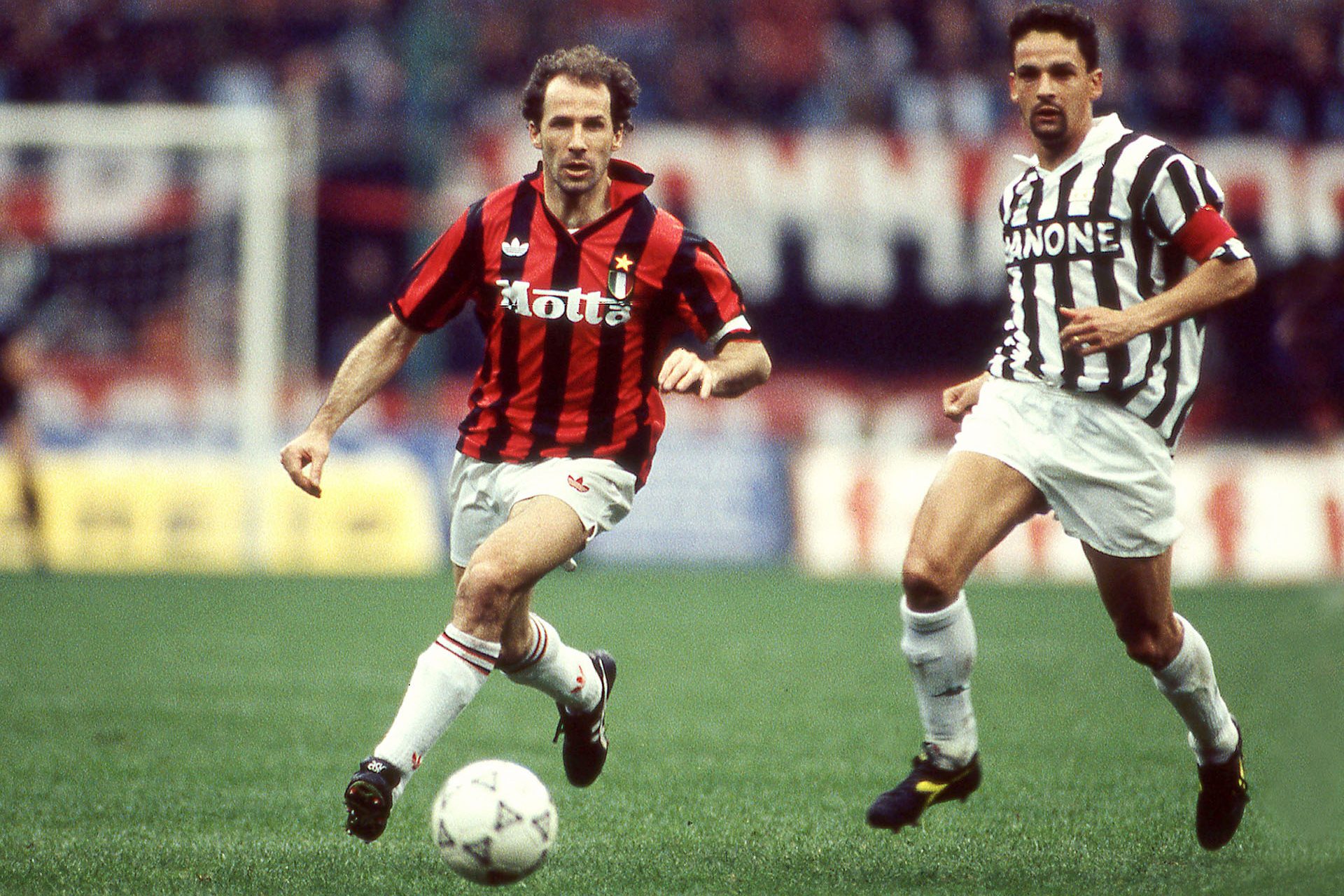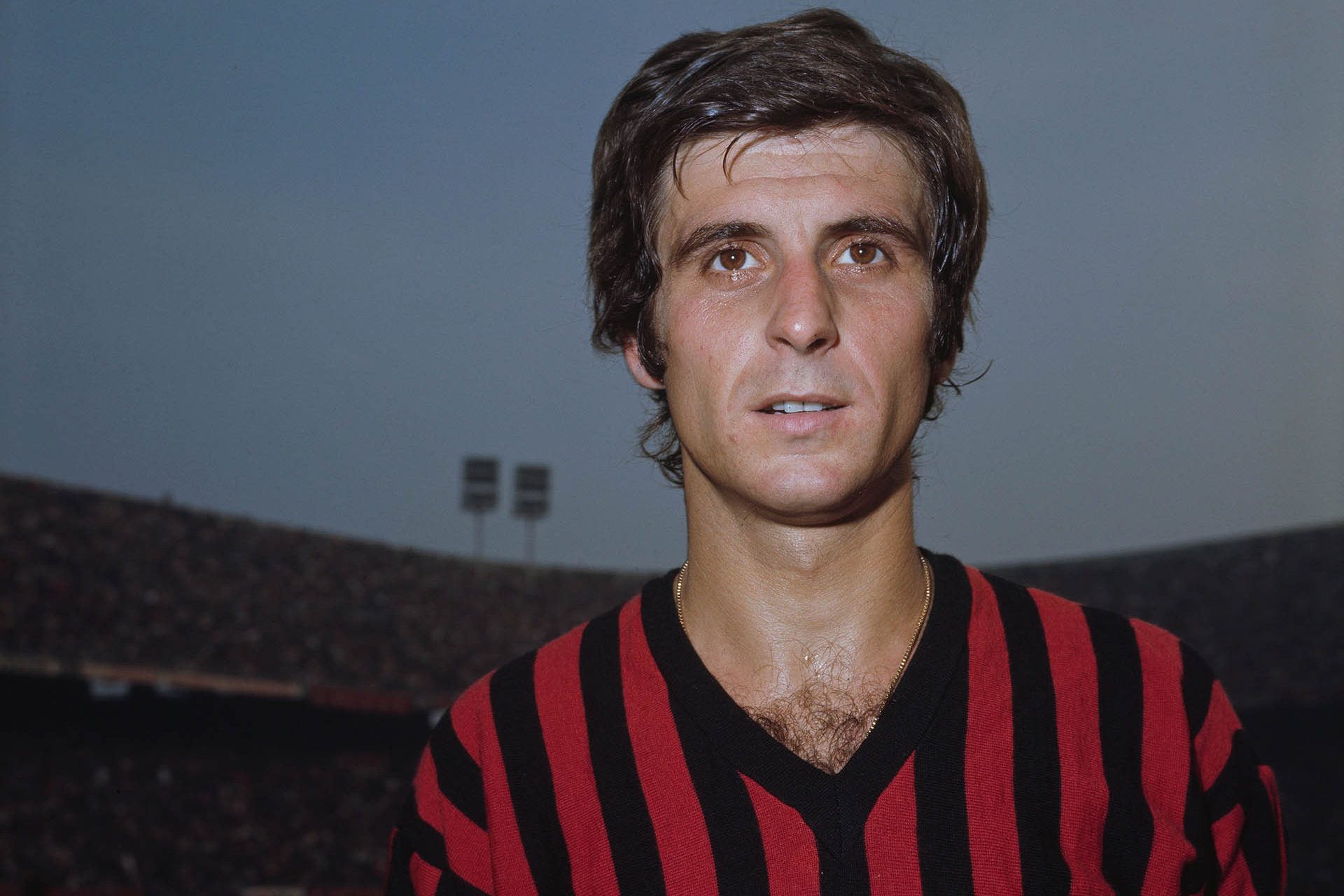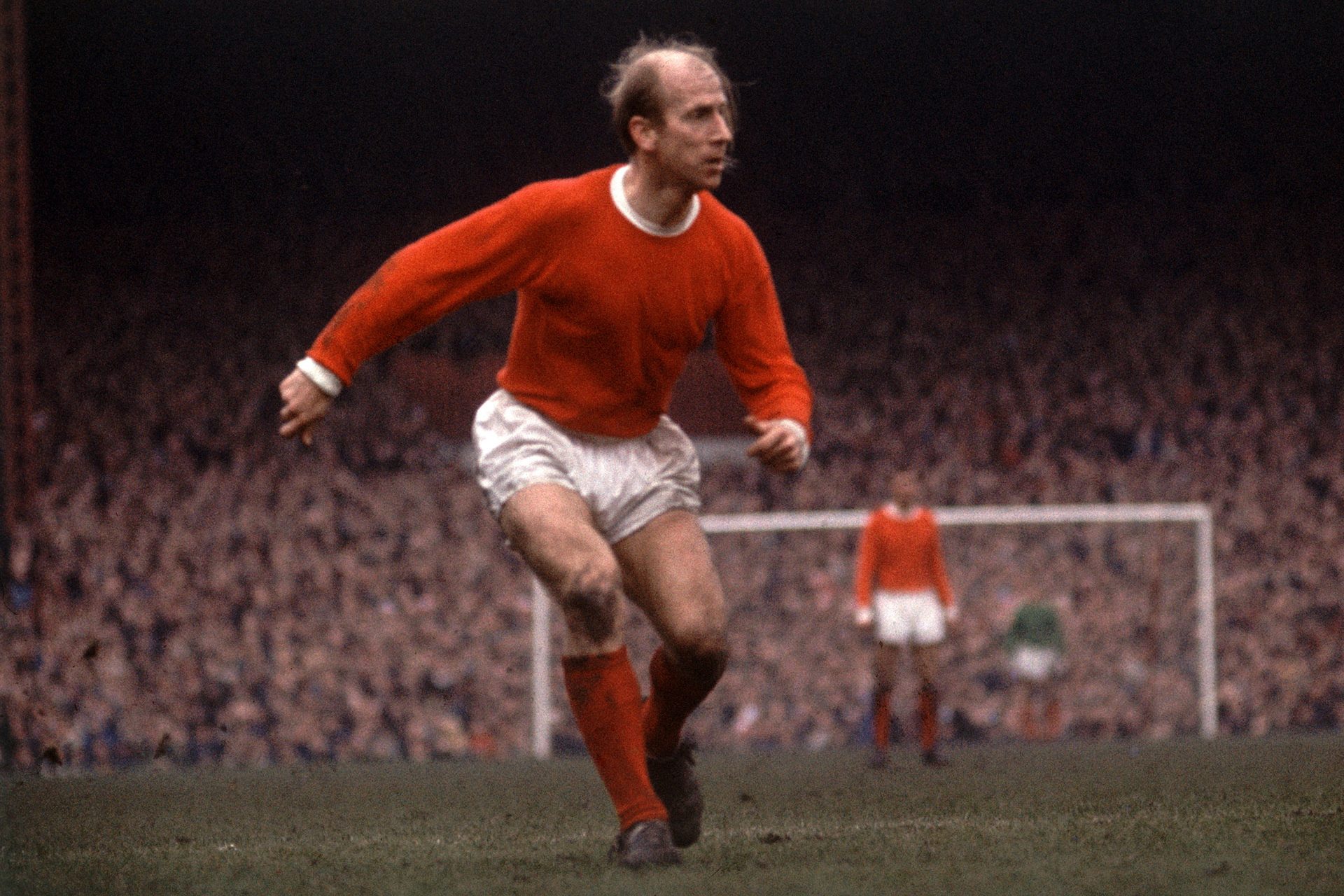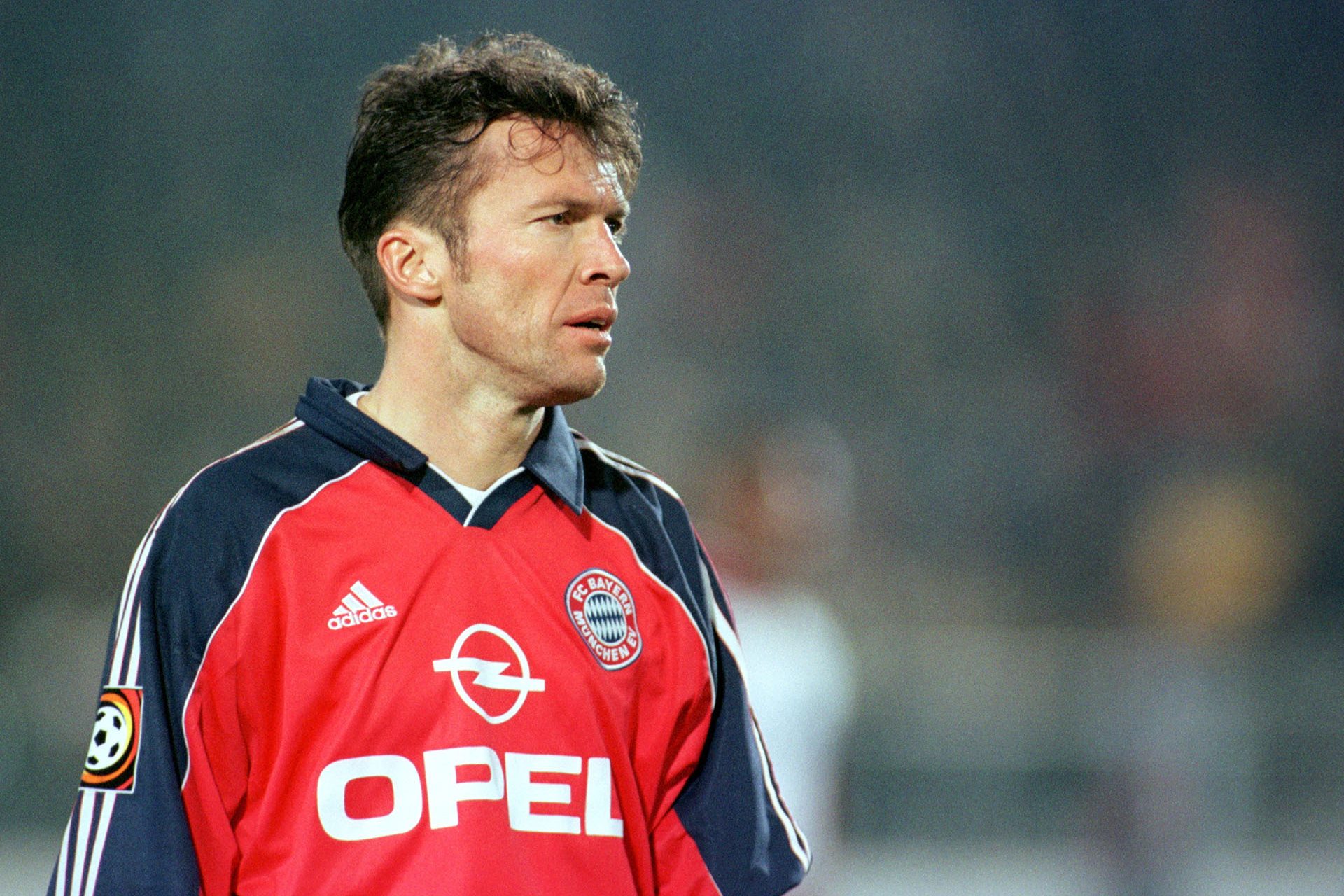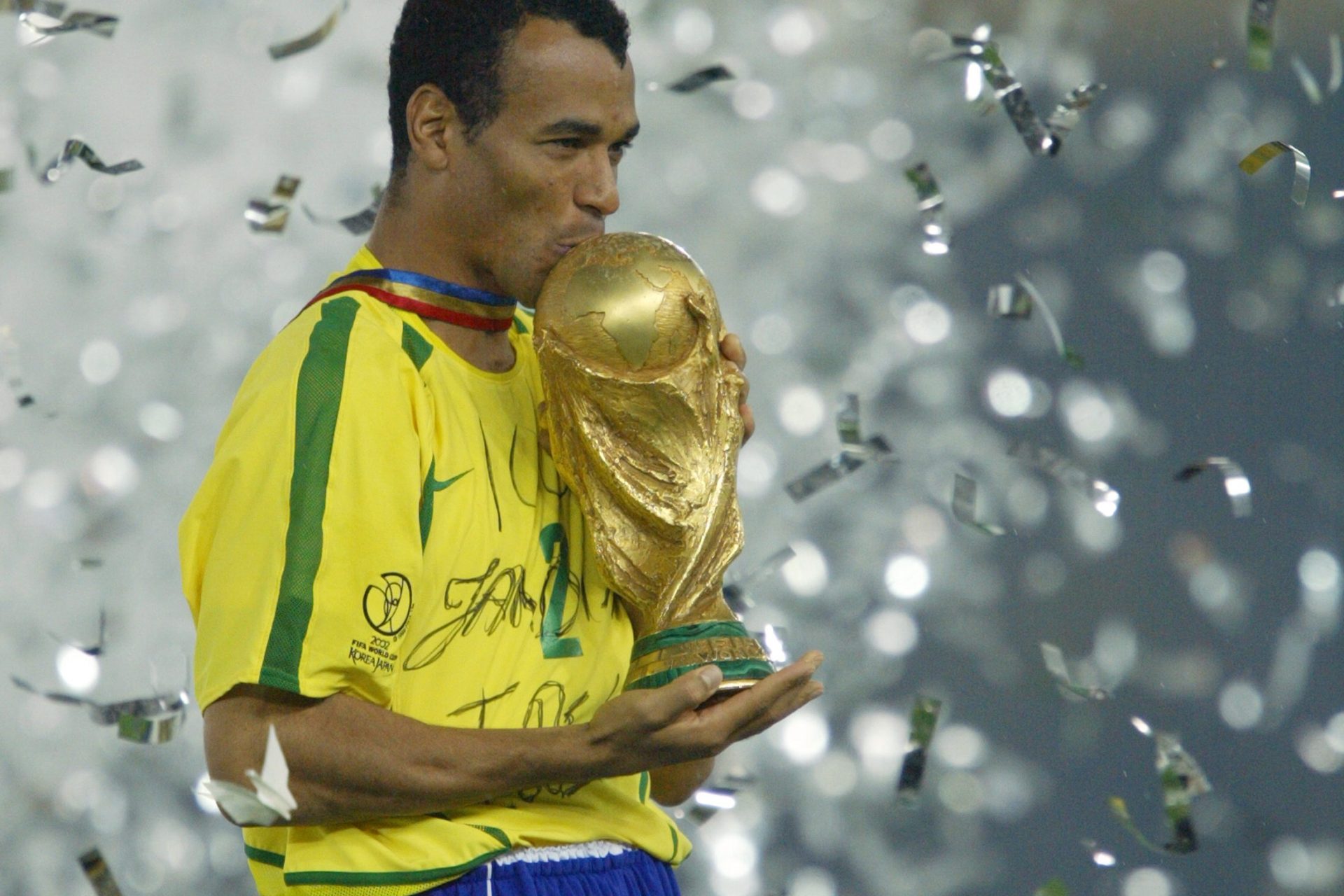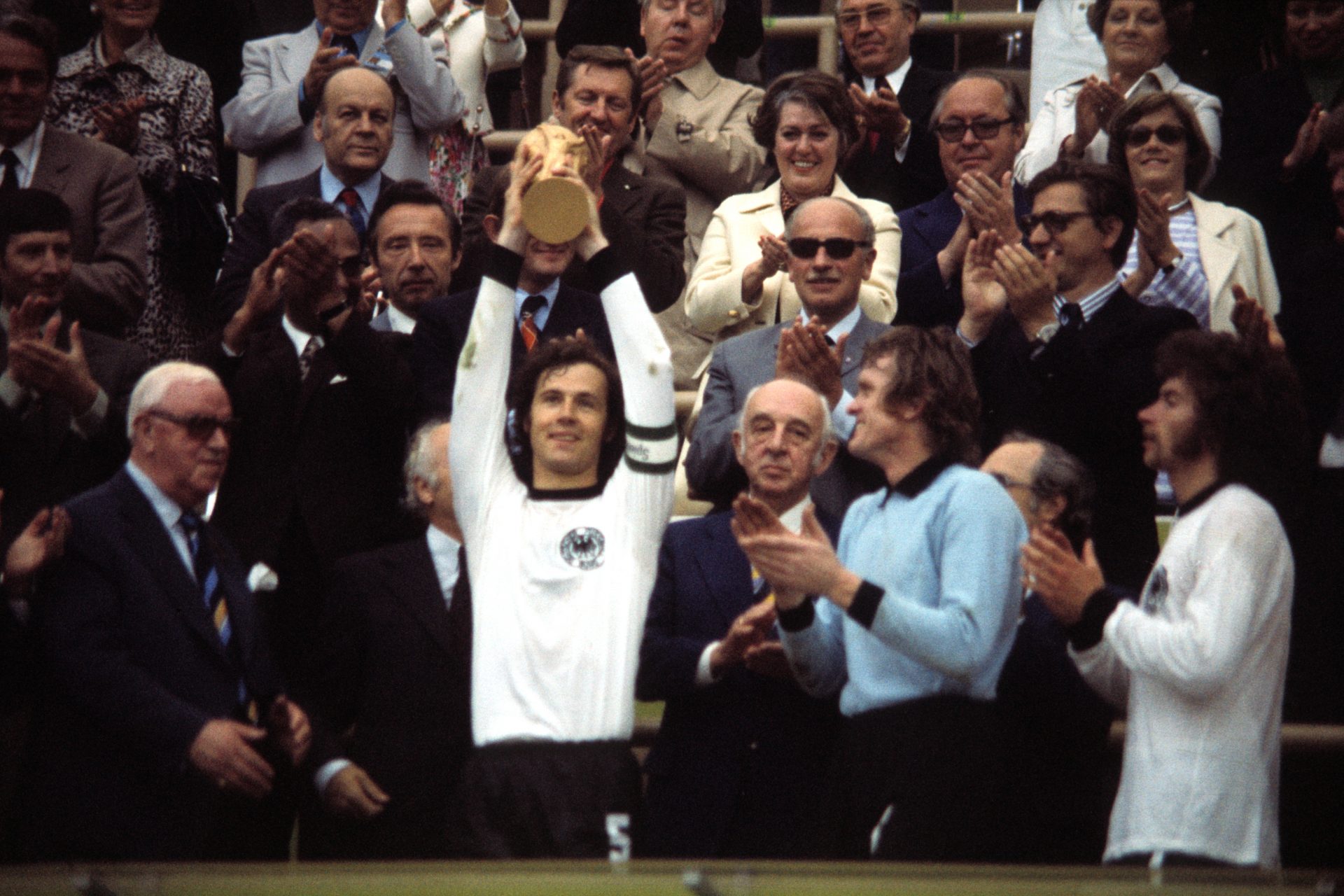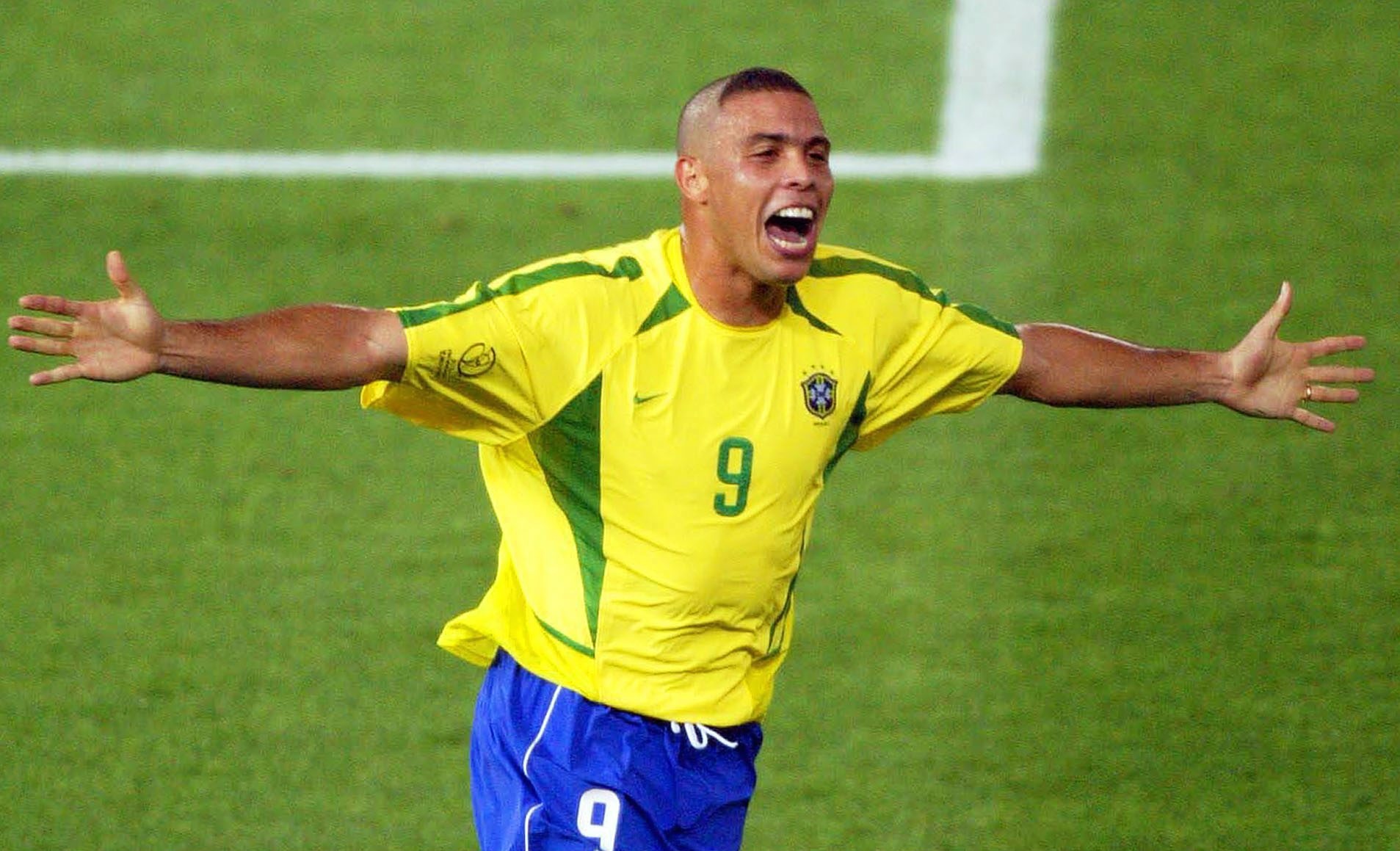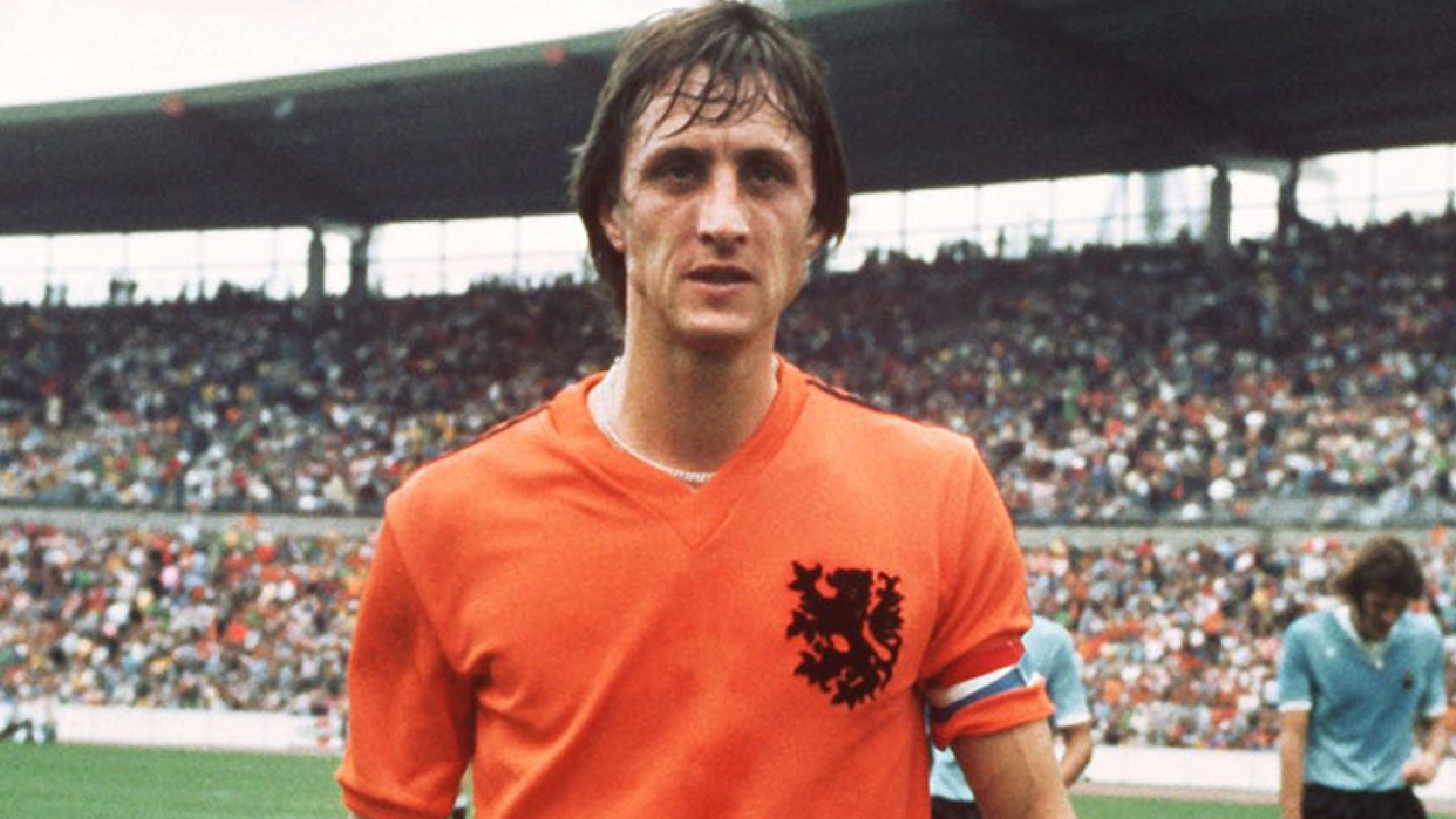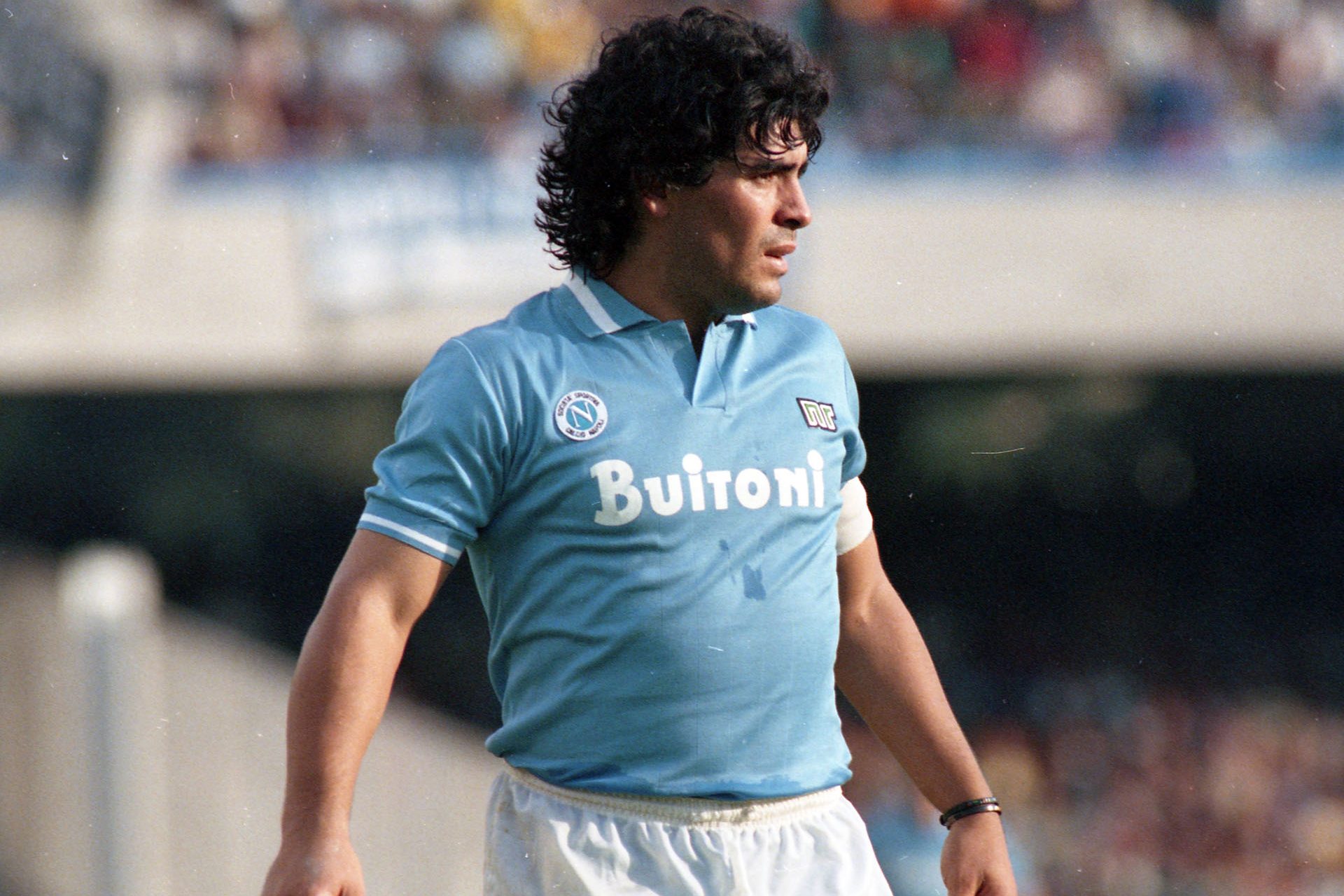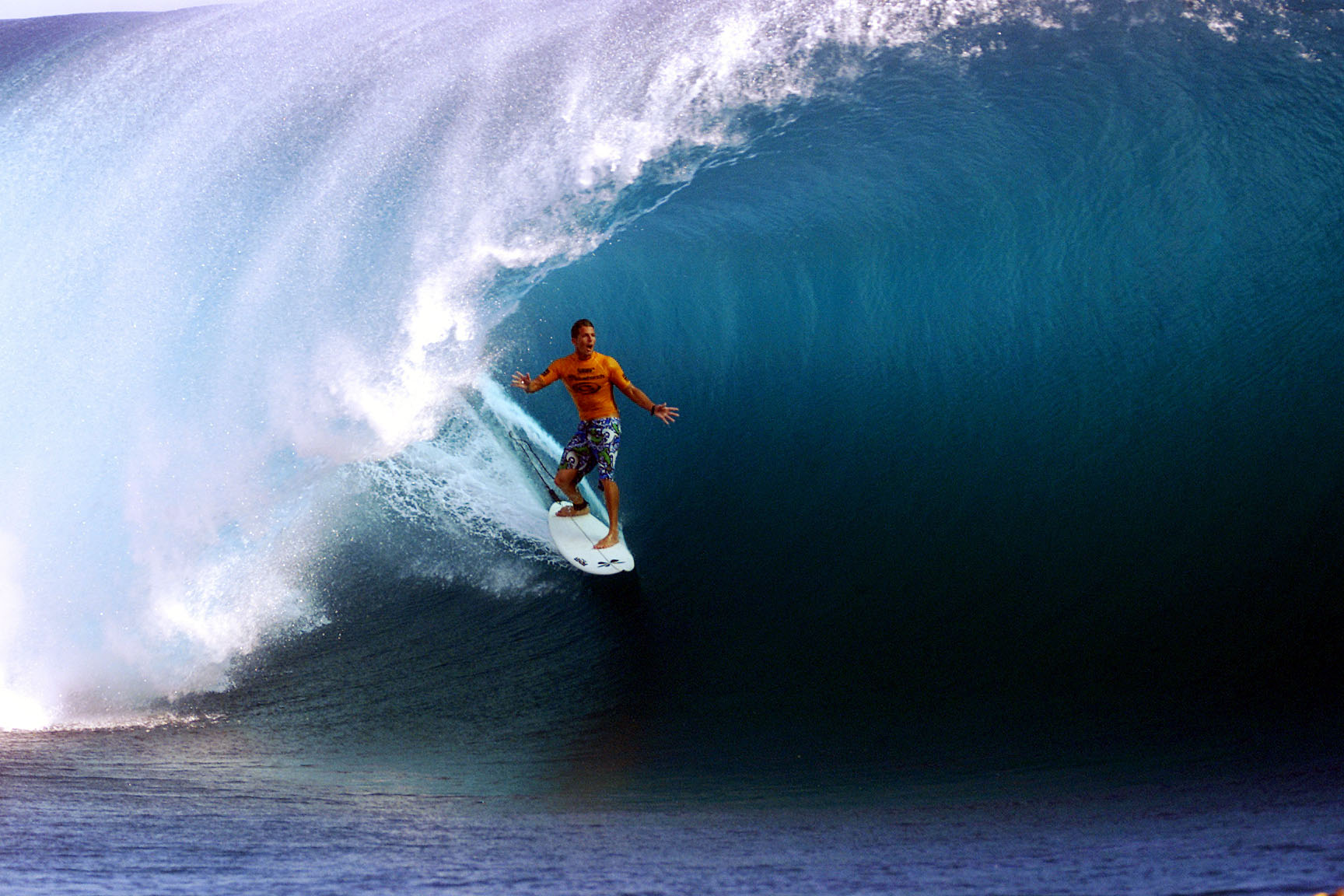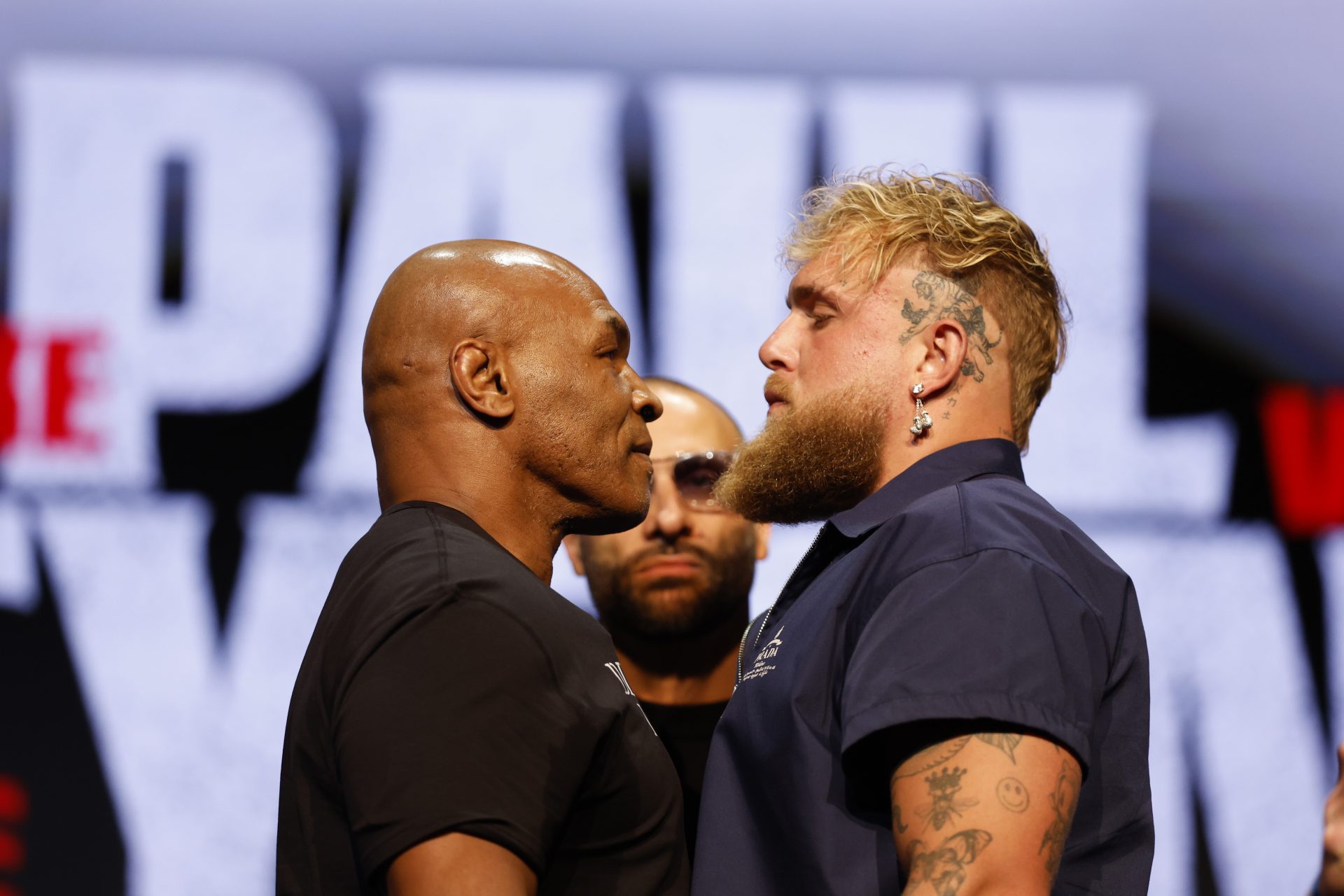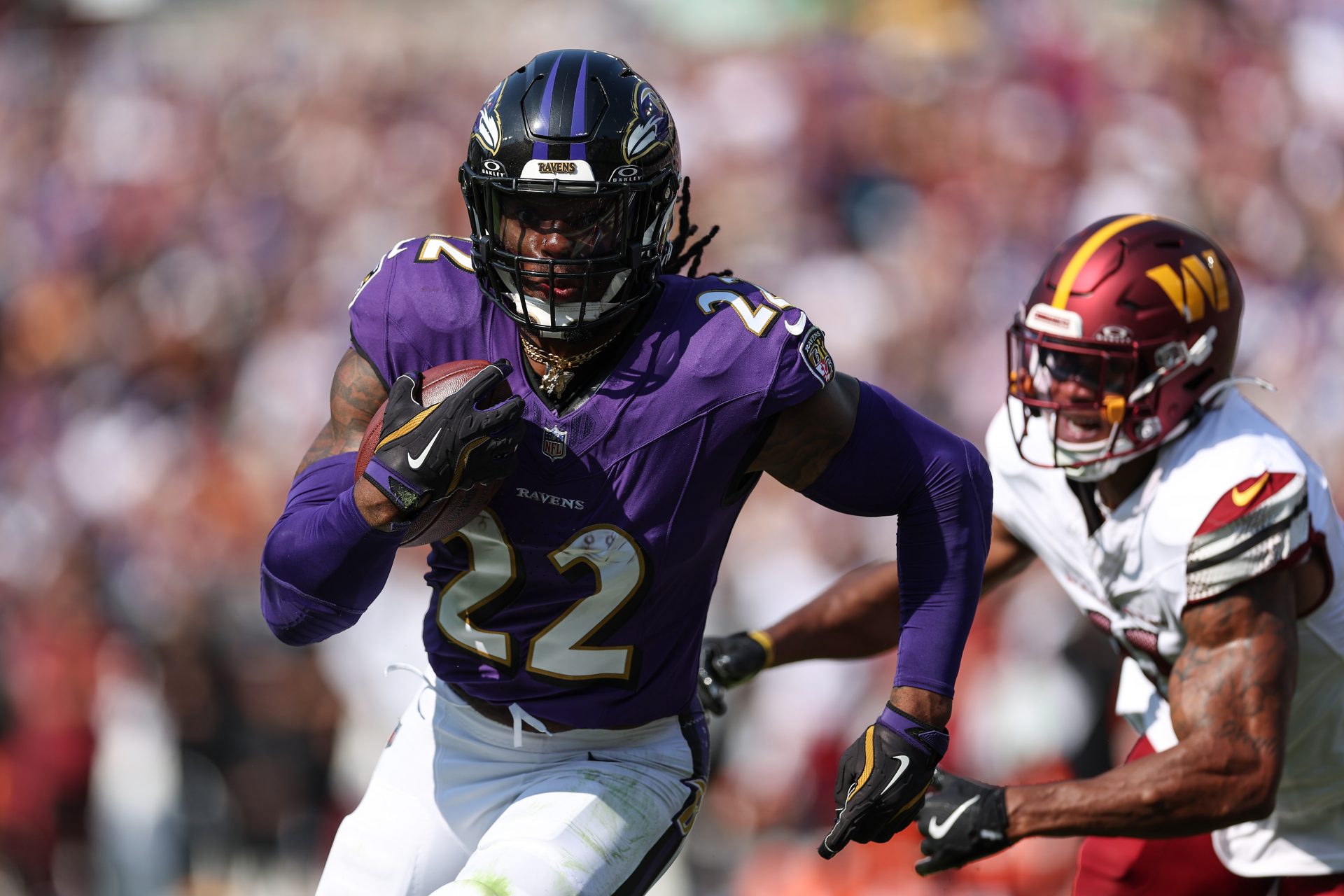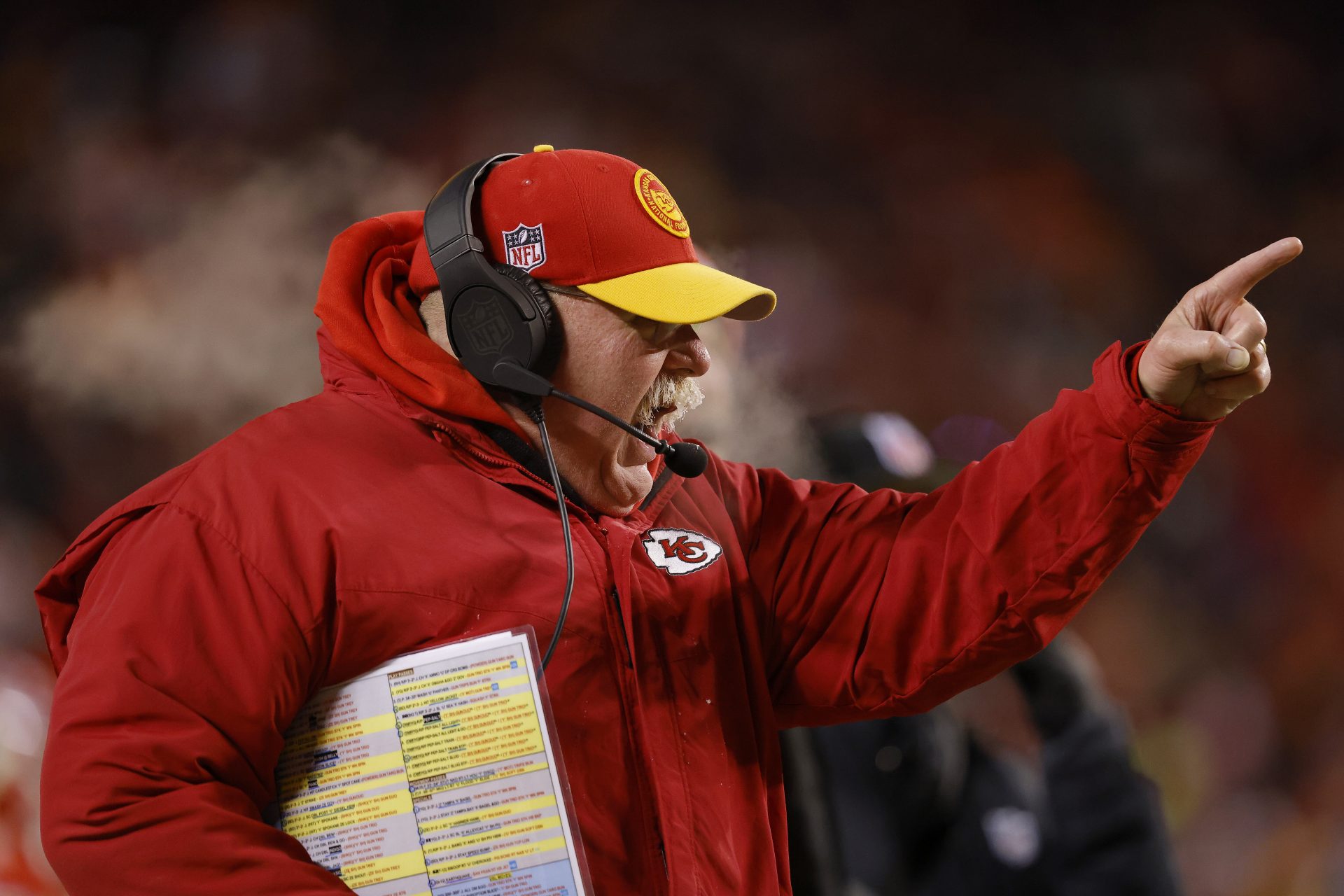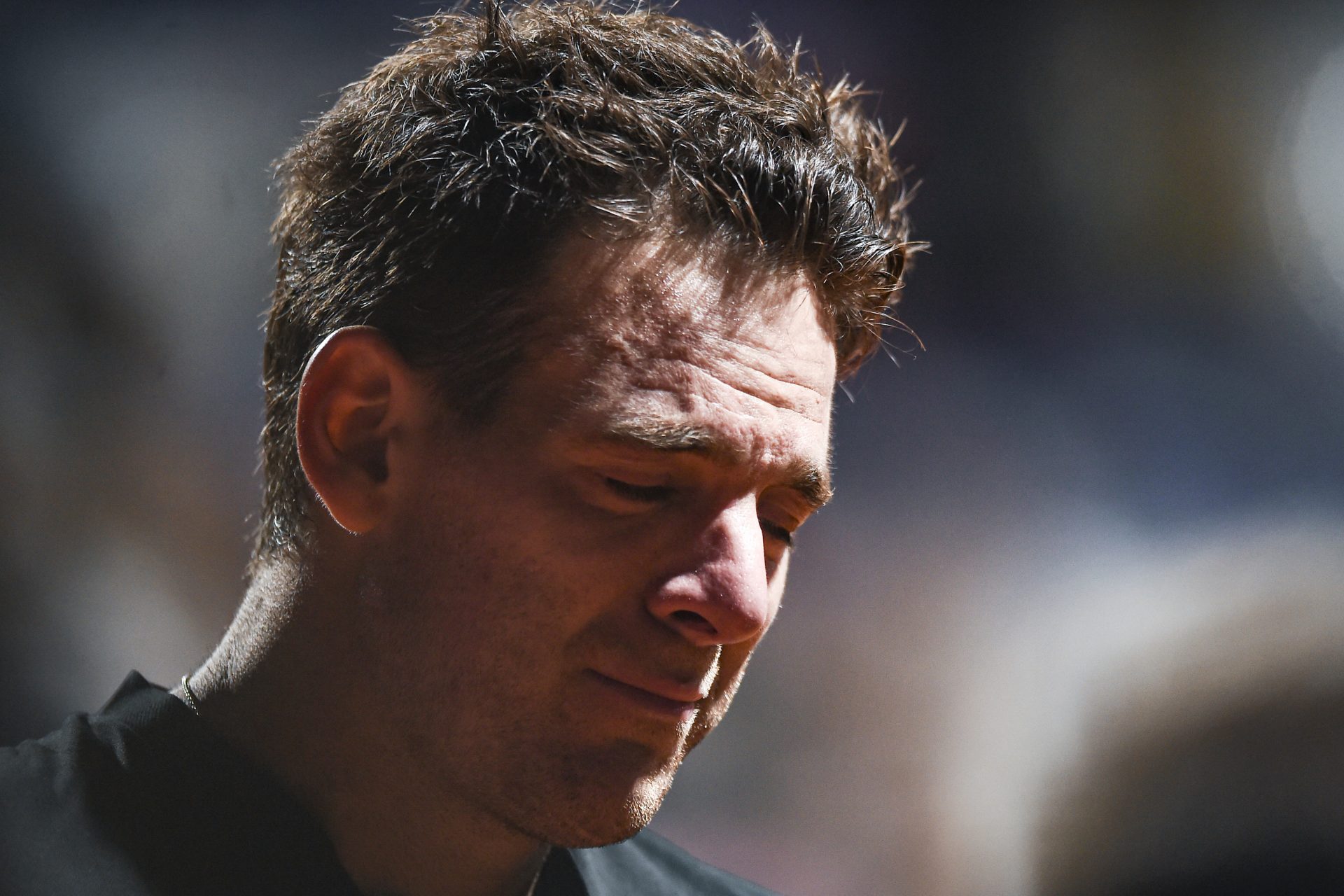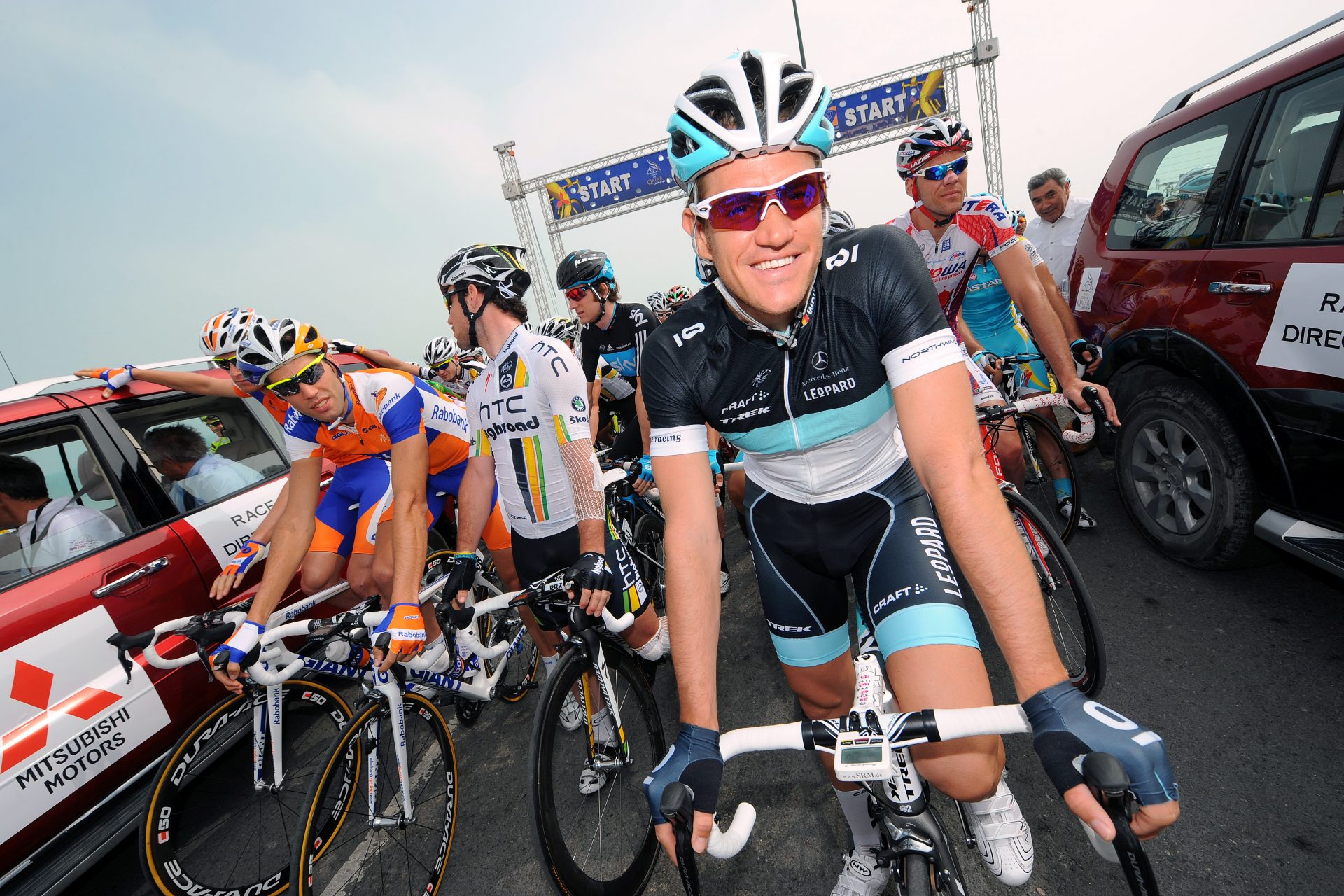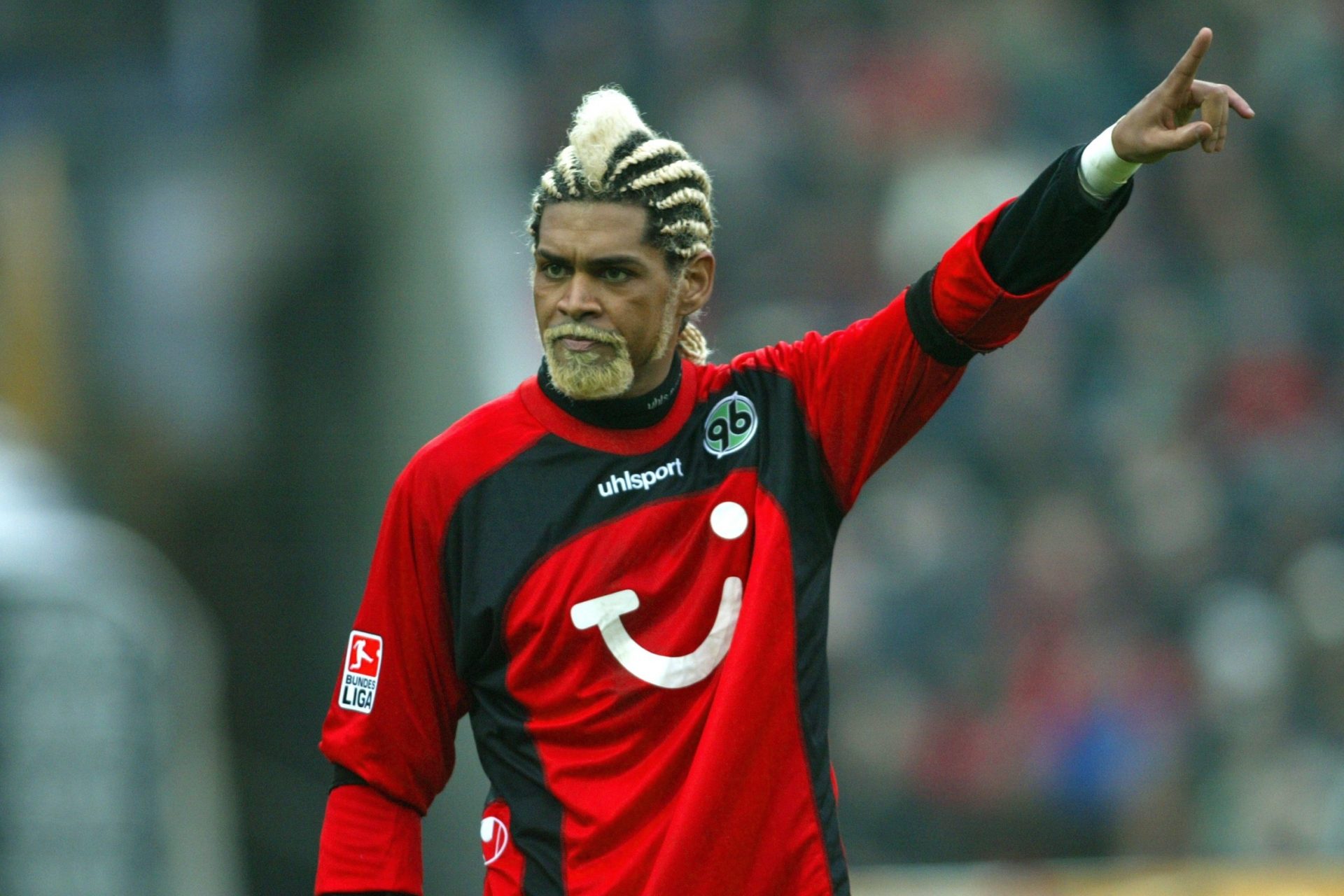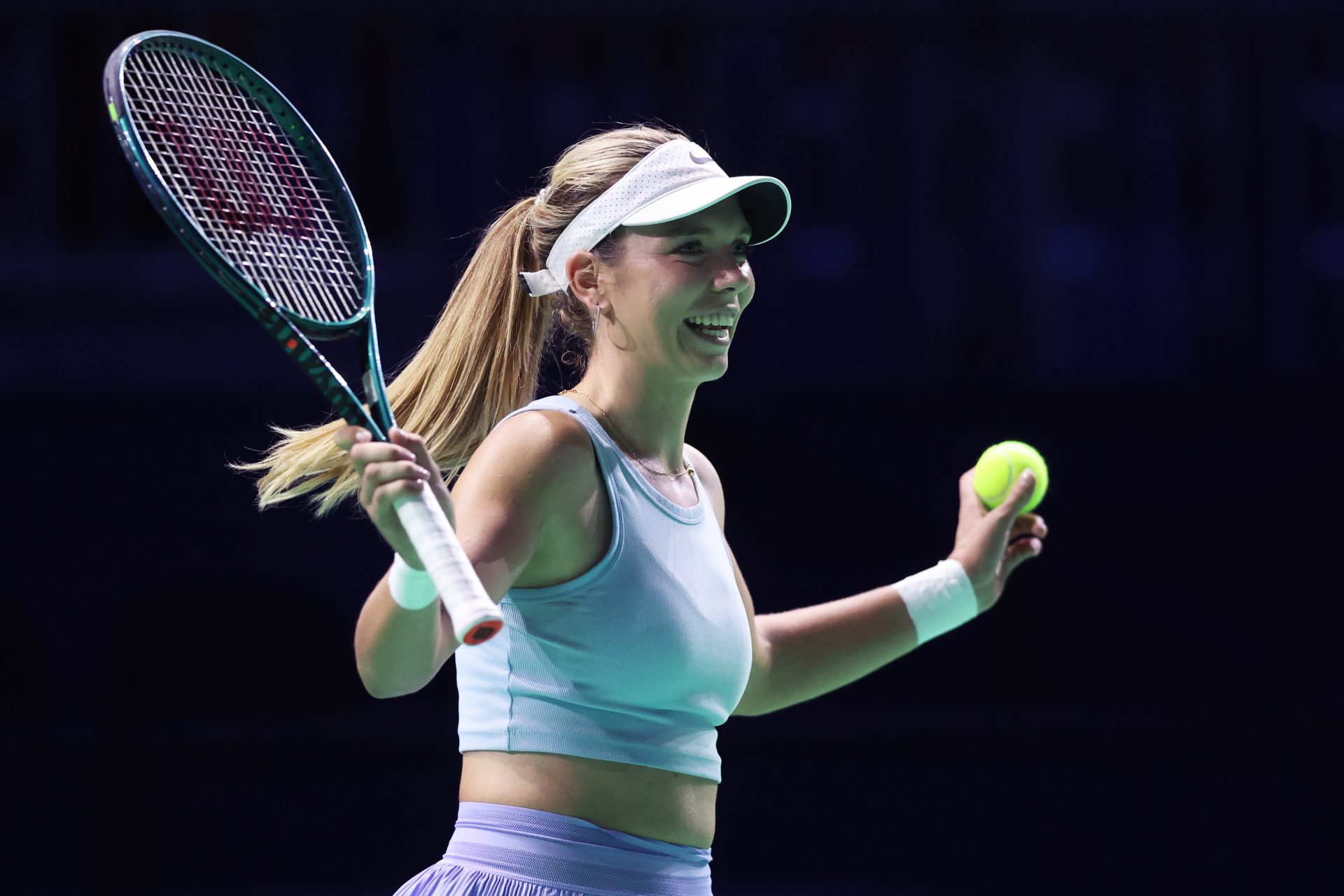Ranked: The 25 greatest footballers of the 20th century
The 20th century brought forth an era of football legends whose skills and achievements defined the sport’s global appeal. Here, we count down the greatest footballers of the century, each of whom set a standard that has inspired generations and continues to shape the game we know today.
One of the greatest defenders of all time, Baresi spent his entire career with AC Milan, where his leadership and defensive prowess helped shape their dominance. His reading of the game and positioning skills made him nearly unbeatable, securing his legacy in Italian football.
Italy’s 'ragazzo d'oro' – or Golden Boy for you and I – Rivera was a playmaker who spent his career at AC Milan, where his vision, precision passing, and leadership earned him the Ballon d'Or in 1969. Rivera was instrumental in Italy's 1968 European Championship win and their journey to the 1970 World Cup final, becoming a national legend.
Want to see more like this? Follow us here for daily sports news, profiles and analysis!
The only African player to win the Ballon d'Or, George Weah was a phenomenon in the '90s, dazzling fans with his speed, skill, and powerful runs. The Liberian star excelled at clubs like AC Milan, Monaco, and Paris Saint-Germain, and later became president of Liberia – a testament to his impact on and off the field, as documented by The International Federation of Football History & Statistics.
Rummenigge was a prolific goalscorer for Bayern Munich and the West Germany national team, winning back-to-back Ballon d'Or awards in 1980 and 1981, as documented by the DFL. Known for his powerful shots and exceptional control, he led Germany to multiple World Cup finals, cementing his place among the best.
The French maestro won three European Cups with Real Madrid and was the first Frenchman to win the Ballon d'Or in 1958. Known for his dribbling and creativity, Kopa was instrumental in popularizing the sport in France and remains a pioneer of attacking football, as ESPN eulogized.
A versatile and powerful player, Gullit was a key figure in the Netherlands’ 1988 European Championship triumph. The Dutchman also enjoyed great success with AC Milan, combining physicality with finesse, making him one of the most complete players of his era.
A symbol of English football, Charlton’s skill and leadership led Manchester United to their first European Cup in 1968 and England to their only World Cup win in 1966. His long-range shooting and vision made him a midfield icon for generations to follow.
Italy’s legendary goalkeeper, Dino Zoff, led Italy to their 1982 World Cup win at the age of 40, setting an example for longevity and consistency. Renowned for his reflexes and calm under pressure, Zoff is an enduring figure in Italian football history, as Goalkeeper notes.
One of Europe’s greatest midfielders, Platini won three consecutive Ballon d'Or awards from 1983 to 1985. Known for his precision passing, vision, and free-kick prowess, Platini captained France to victory in the 1984 European Championship, establishing himself as a French legend.
Want to see more like this? Follow us here for daily sports news, profiles and analysis!
With unparalleled stamina and leadership, Matthäus led Germany to World Cup glory in 1990 and remains one of the few players to appear in five World Cups. Known as one of Maradona's greatest rival, the defensive midfielder's all-around game and tactical intelligence made him one of the best of his era.
Di Stéfano was a complete player, excelling in multiple positions and known for his intelligence and creativity. With Real Madrid, he won five consecutive European Cups, revolutionizing the club’s style of play and becoming one of football’s first superstars, and has been called one of the architects of modern football from Medium, among others.
The Hungarian striker’s astonishing scoring record, combined with his playmaking flair, made him one of football’s finest. Puskás helped Real Madrid dominate Europe and played a crucial role in Hungary’s Golden Team. As the Guardian eulogized, he was a highly influential player and ultimately changed the game with his positional approach in the 50s.
Müller was a goal-scoring machine, leading West Germany to victory in the 1974 World Cup and Bayern Munich to multiple titles. Known for his sharp finishing and poise in the box, Müller set records that stood for decades, cementing him as one of history’s greatest strikers.
Cafu, one of Brazil’s most iconic full-backs, redefined his position with relentless stamina and attacking runs. A two-time World Cup winner (1994 & 2002) and the only player to play in three consecutive finals, Cafu’s legacy is one of leadership and consistency.
A dazzling talent, George Best was known for his extraordinary dribbling, creativity, and flair at Manchester United. He helped the club to European glory in 1968, captivating fans with his playmaking and iconic style. Often called “the fifth Beatle,” Best’s legacy as one of football’s most naturally gifted players remains as strong as ever.
A Brazilian maestro, Rivaldo was known for his powerful left foot, creativity, and flair. His time at Barcelona showcased his skill, while he was crucial to Brazil’s 2002 World Cup win. Winner of the 1999 Ballon d'Or, Rivaldo remains a legend for his vision and ability to score from anywhere.
The Dutch forward’s career was cut short by injury, but his impact was profound. Van Basten was a three-time Ballon d'Or winner, known for his elegant finishing and tactical intelligence. He led the Netherlands to the 1988 European Championship title with one of the greatest goals ever.
Want to see more like this? Follow us here for daily sports news, profiles and analysis!
Brazil’s beloved winger, Garrincha’s dribbling and creativity were unmatched. Known as “The Joy of the People,” he was instrumental in Brazil’s 1958 and 1962 World Cup victories, bringing flair and joy to every game he played.
Portugal’s “Black Panther” was a prolific goalscorer, known for his explosive pace and powerful shooting. Eusebio’s performance in the 1966 World Cup made him a global star, and his legacy endures as one of the game’s most influential forwards.
“The Kaiser” redefined the role of sweeper with his ball-playing skills, leading Germany to World Cup victory as both player (1974, West Germany) and manager (1990). Beckenbauer’s tactical genius and leadership cemented him as one of the greatest players in the sport’s history.
"O Fenômeno," Ronaldo thrilled fans with explosive pace, skill, and goal-scoring brilliance. Despite serious injuries and health issues, he won two Ballon d'Ors and led Brazil to World Cup success in 2002, winning the Golden Boot. His stints at Barcelona, Inter, and Real Madrid cemented his place among the greatest strikers ever.
Zidane’s grace and control made him one of the most elegant players of his generation. He led France to World Cup victory in 1998 and Euro 2000, known for his dribbling, vision, and unforgettable volley in the 2002 Champions League final.
A revolutionary player and thinker, Cruyff was the embodiment of “Total Football.” With Ajax, Barcelona, and the Netherlands, his tactical mind and technical skill forever changed the sport, earning him the widely used moniker "the father of modern football".
Maradona’s skill, charisma, and passion defined the 1980s, especially with his World Cup-winning performance for Argentina in 1986. Known for his “Hand of God” and “Goal of the Century,” Maradona’s influence on and off the field is unparalleled, as Reuters eulogized.
A true global icon, Pelé won three World Cups with Brazil and scored over 1,000 career goals, bringing football into the international spotlight. Known for his dribbling, agility, and goal-scoring prowess, Pelé remains the benchmark for greatness in football.
Want to see more like this? Follow us here for daily sports news, profiles and analysis!
More for you
Top Stories




